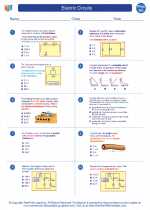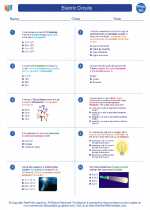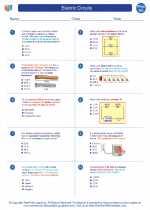Tendons
Tendons are tough, flexible bands of fibrous connective tissue that connect muscles to bones. They are an essential part of the musculoskeletal system and play a crucial role in the movement of the body.
Structure of Tendons
Tendons are composed mainly of collagen, a strong and fibrous protein that provides tensile strength. The collagen fibers are arranged in parallel bundles, which gives tendons their characteristic strength and elasticity.
Functions of Tendons
1. Transmitting force: Tendons transmit the force generated by muscles to the bones, allowing the movement of the body parts.
2. Providing stability: Tendons help stabilize the joints by maintaining the position of the bones during movement.
3. Energy storage: Tendons also store and release energy during movement, acting like a spring to enhance muscle efficiency.
Study Guide
To understand tendons better, here are some key concepts to focus on:
- Structure of tendons: Understand the composition and arrangement of collagen fibers in tendons.
- Function of tendons: Learn how tendons transmit force, provide stability, and store energy in the body.
- Injuries and care: Explore common tendon injuries, such as tendonitis, and methods for preventing and treating them.
- Comparative anatomy: Compare the structure and function of tendons in different animals, such as mammals, birds, and reptiles.
Remember to integrate the study of tendons with the broader context of the musculoskeletal system and its interaction with other body systems.
By mastering the structure and function of tendons, you will gain a deeper understanding of how the human body moves and functions.
.◂Physics Worksheets and Study Guides High School. Electric Circuits

 Worksheet/Answer key
Worksheet/Answer key
 Worksheet/Answer key
Worksheet/Answer key
 Worksheet/Answer key
Worksheet/Answer key
